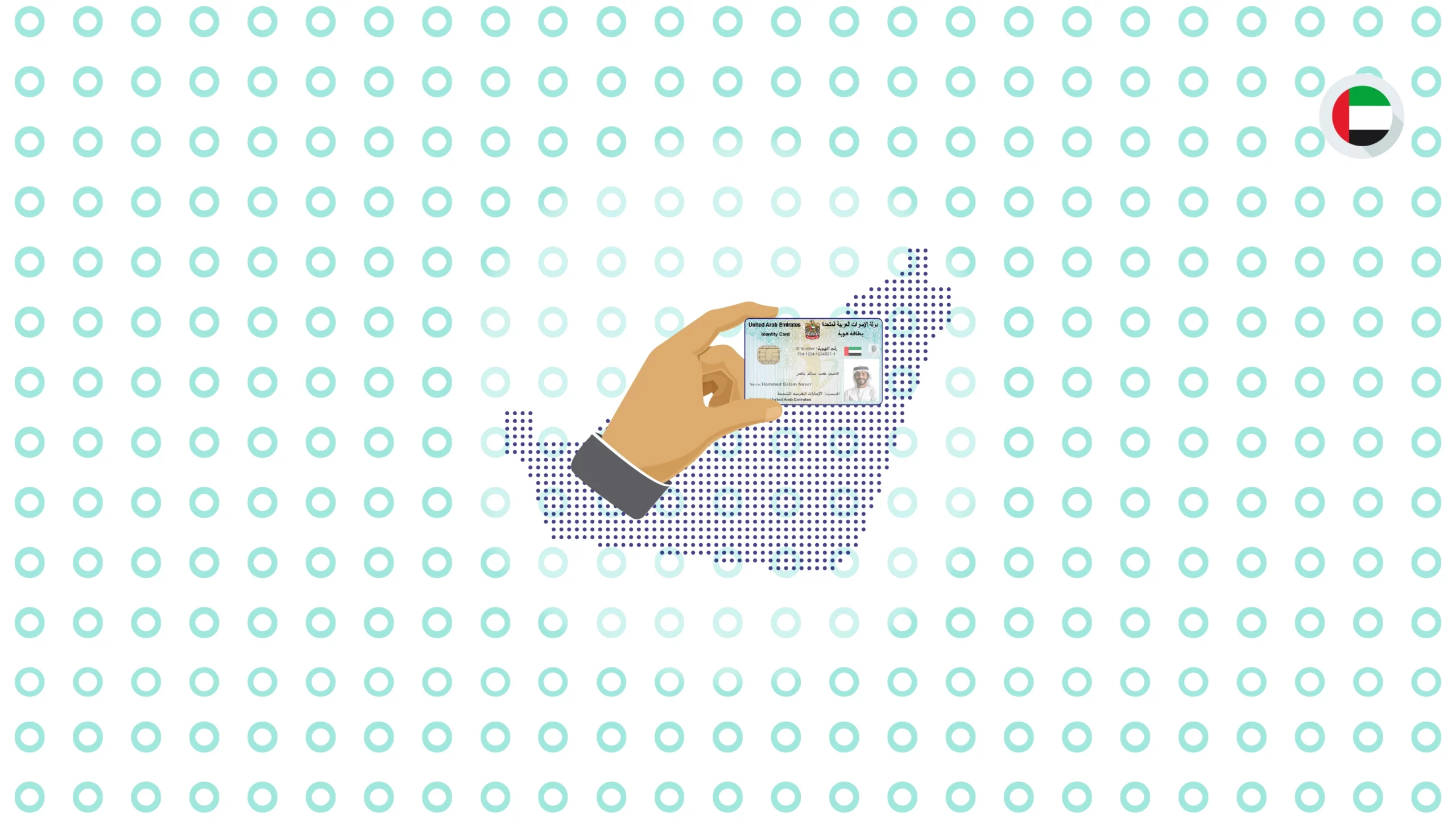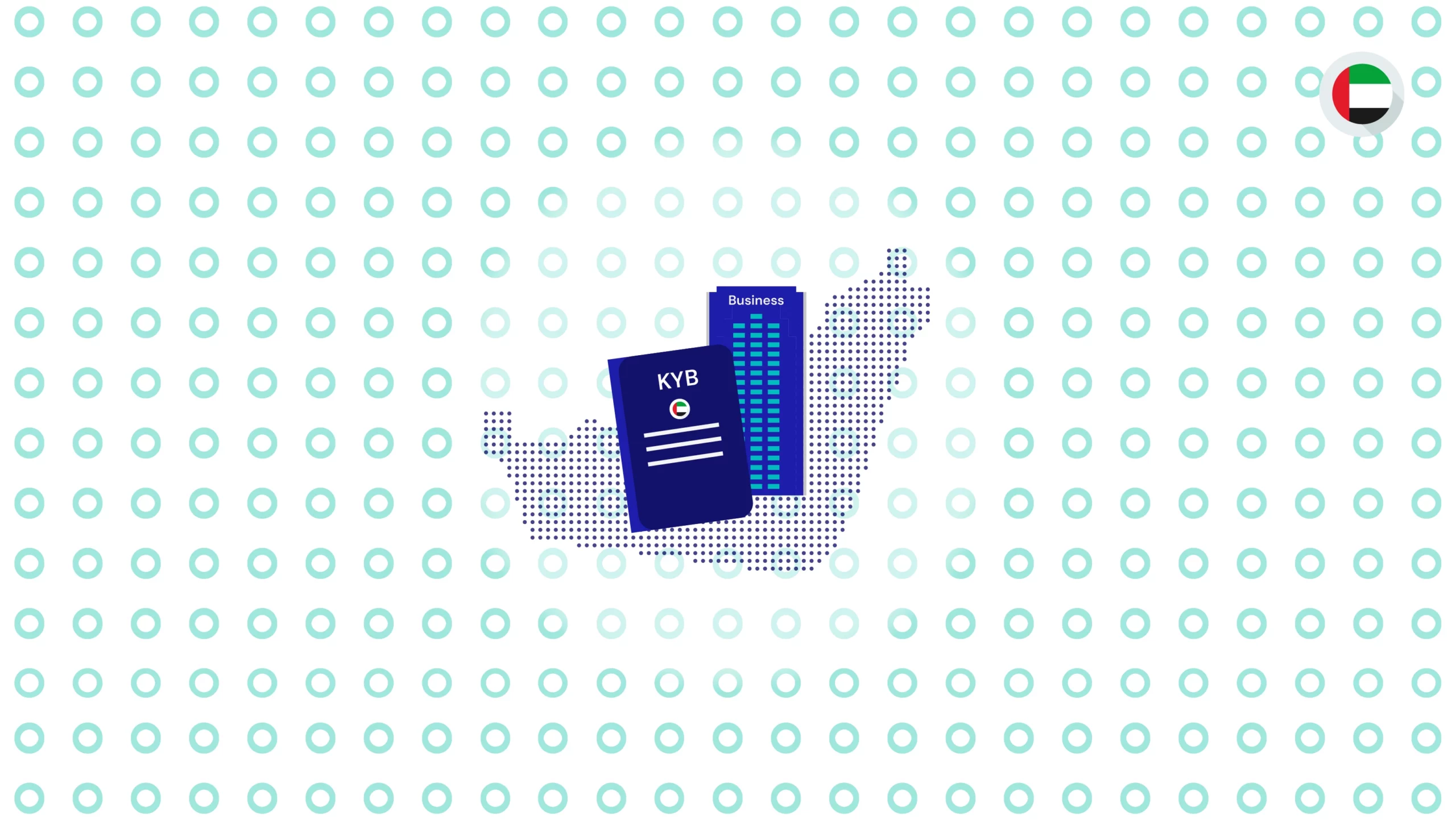- RBI selected Signzy for its regulatory sandbox to pilot unassisted Video KYC, marking a shift toward fully automated verification.
- Signzy’s vKYC currently supports over half a million video calls every month, with infrastructure tested for concurrency, uptime, and failover scenarios.
- More than 30 banks, NBFCs, and financial institutions across India trust this system to onboard users every day (not as a pilot, but as part of core business operations).
On April 1, 2025, the Reserve Bank of India will complete 90 years. That’s 90 years of shaping how India banks, saves, invests, and grows. A milestone like this isn’t just about looking back. It’s about taking a moment to see how far the system has come and how many lives it has touched along the way.
Since the early 2010s, we’ve had the chance to be a small part of that journey. From experimenting with digital onboarding to building KYC tools that reach people in the most remote corners, every step has been about making finance simpler and more inclusive.
Let’s take a look at what’s been built together with RBI and the vision that continues to guide what we build next.
A Shared Vision for Inclusive Finance
In a country as diverse and complex as India, where access often depends on geography or circumstance, the ability to engage with formal finance can change lives. RBI has played a central role in enabling this by streamlining processes and setting clear regulatory paths.
This way, it is now easier for institutions to reach everyone, from the underserved to the urban user.
From the early push to bring banking to rural India to supporting digital payments and UPI, RBI’s intent has been clear: make finance available to everyone, not just the privileged few.
Look closely, and the pattern shows up everywhere.
- In villages where branch infrastructure is still limited.
- In urban slums, paperwork is often rejected.
- In small towns where people want to save, invest, or insure but don’t know how to begin.
Tools need to be built with those realities in mind. Not just high-tech, but high-reach. Not everyone will have perfect documents, a 4G connection, or a quiet room for verification. But everyone deserves a shot.
At Signzy, we’ve tried to build in the same spirit. From the beginning, our focus has been to make onboarding tools that don’t assume high-speed internet, tech-savviness, or urban infrastructure. If something only works in Tier 1 cities, it doesn’t really work for India.
Our Video KYC journey reflects that belief. And our work with RBI as a partner has pushed us to stretch that belief even further.
Together, we’re changing what that entry point looks and feels like.
Solving the KYC Bottleneck
For years, KYC has been the silent friction point in financial services. Everything else could be digital (e.g., account opening, app journeys, customer support), but identity verification dragged behind.
Manual checks took days, required in-person visits, and made the cost of onboarding disproportionately high. Even when financial institutions moved to online flows, the process still broke down too often. Document uploads failed, images were unclear, users didn’t know what went wrong. Completion rates stayed low, especially in rural or low-bandwidth settings.
This is where the bottleneck really showed. Not in policy or in product, but in that one moment where a user had to prove who they were, and the system couldn’t keep up.
RBI recognized this early. It permitted new methods like video KYC and actively pushed the ecosystem to explore them. Through innovation contests, sandbox environments, and regulatory clarity, it set the tone: identity verification had to become faster, safer, and more inclusive.
That shift in direction gave space for players like Signzy to build systems that could meet those expectations. Before diving into how Signzy took it a step further, let’s understand how the solution works in general.
How Does Video KYC Work
Good onboarding feels invisible. That’s exactly what video KYC was designed to do.
Whether someone starts the process from a bank app, website, or shared link, the experience is the same: simple, direct, and fully guided.
Here’s how it works, step by step:
- Session starts via a link or embedded widget: Customers begin their journey through a secure web link or in-app flow. No installations and no friction. The front-end handles pre-call checks, network, camera, mic, VPN restrictions, and device compatibility.
- Document and PAN verification in real-time: The customer is prompted to show their PAN or other valid ID to the camera. OCR extracts data live, and PAN is verified instantly through APIs. Any mismatch is flagged immediately for correction.
- Live face match and passive liveness detection: Advanced AI compares the customer’s face to the document photo, confirming the identity and detecting spoofs (e.g., masks, pre-recorded videos) without interrupting the flow.
- Agent joins for final checks and Q&A: A trained KYC agent conducts dynamic questioning guided by configurable rule engines. Responses are assessed alongside captured data, ensuring both compliance and fraud prevention.
- Outcome is logged, time-stamped, and audited: The entire session (including video, screenshots, document scans, face match results, and network diagnostics) is logged. All data is stored securely and is accessible through a real-time admin portal and MIS dashboard.
No uploads. No silent failures. Just one clean, human interaction.
The entire process wraps up in minutes, and the user walks away verified.
What Makes Signzy’s vKYC Solution Powerful
Once the bottleneck was reimagined, it had to be rebuilt with infrastructure that could actually deliver.
Here’s what makes Signzy’s vKYC platform resilient, scalable, and truly inclusive:
- Works on 75 kbps connections: Designed to operate even on low-speed mobile data, making it accessible to users in remote or low-infra bandwidth regions.
- Supports 9 Indian languages: The interface, prompts, and agent workflows are multilingual by design, so customers aren’t forced to navigate in a language they’re not comfortable with.
- Advanced spoof and liveness detection: Detects pre-recorded videos, static images, or screen replays in real-time, protecting against fraud without requiring heavy backend checks.
- 300+ concurrent calls supported: Built to handle large-scale deployment across multiple regions and teams without performance dips or scheduling conflicts.
- Built-in chat, rejoin, and queueing systems: If a call drops or load spikes, the session isn’t lost. Customers can rejoin, chat with support, or reschedule without restarting the process.
- 96% conversion rate across implementations: Higher completion rates, fewer retries, and increased application acceptance, resulting in lower onboarding costs and faster go-to-market for partners.
- Real-time dashboards and automated MIS reports: Get full visibility into call volumes, agent activity, and session outcomes with a 360° dashboard. Daily MIS reports are generated automatically, offering transparency without manual effort.
This feature set was built with India’s unique environments in mind and the belief that inclusion can’t wait for perfect conditions.
Now, the question of security arises. Let’s address that as well.
Security Standards
When it comes to KYC, speed means nothing without security. Every session on Signzy’s platform is encrypted end-to-end and stored with full regulatory compliance.
The system is ISO 27001:2013 and SOC 2 Type 2 certified, with built-in controls for data privacy, audit trails, and secure access across every layer, from agent interfaces to backend dashboards.
Even India’s top regulators have acknowledged this push.
Recognition and Regulatory Collaboration
Regulatory bodies and industry forums played a key role in shaping the direction of what Signzy has built.
- RBI Payments Innovation Award (2016 & 2018): Early recognition that identity verification could be reimagined using digital-first infrastructure without compromising on compliance.
- Limited Use Authorization for Unified KYC (2022): Approval to enable broader adoption of seamless, cross-platform KYC journeys under a regulated framework.
- RBI Sandbox for Unassisted Video KYC (2024): Selected for testing fully automated KYC flows, moving beyond assisted models, and pushing the envelope on trust and scale.
- IFSCA Global FinTech Hackathon Winner: Chosen among top global solutions for regulatory-grade innovation in onboarding and identity.
- IAMAI RegTech & Fintech Awards (2018–2021): Repeatedly recognized as the most innovative provider in KYC, compliance automation, and financial data handling.
- India Fintech Forum – IFTA Awards: Acknowledged for best-in-class RegTech design and operational excellence across consecutive years.
vKYC Use Cases
vKYC’s real strength is how it fits across different parts of the financial ecosystem. Wherever identity verification is a barrier, video KYC makes the process faster, safer, and easier to scale.
| Use Case | How vKYC Helps |
| Bank Account Opening | Fast, compliant onboarding without physical visits |
| Loan Disbursals | Real-time verification before funds are released |
| Insurance Onboarding | Policyholder validation with live checks |
| Mutual Fund KYC | Quick activation for first-time investors |
| Pension & Retirement Plans | Enables remote onboarding for older or rural users |
| Credit Card Issuance | End-to-end digital application and KYC validation |
| CKYC Record Creation | Seamless upload and verification into the central KYC |
We offer this through a robust Video KYC API as well as a comprehensive KYC suite that includes DigiLocker, Aadhaar verification, and more. Built to plug into existing systems or run as a full-stack solution, it’s trusted by 30+ institutions across India, including the likes of Union Bank, Citi Bank, Tata Mutual Fund, Aditya Birla Capital and more.
And we’re just getting started.
Closing note
A heartfelt thank you to the Reserve Bank of India and every partner who placed their trust in this journey. We’ve come a long way together, but the work is far from done. Onboarding should feel simple, safe, and seamless—no matter who you are, where you’re from, or what device you’re on.








